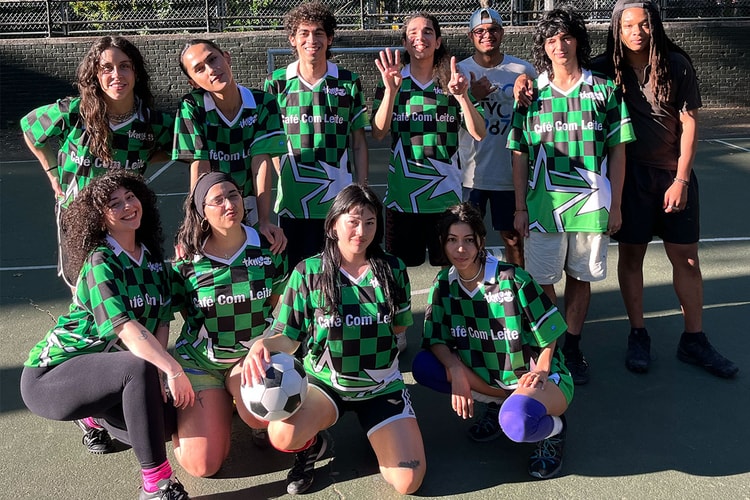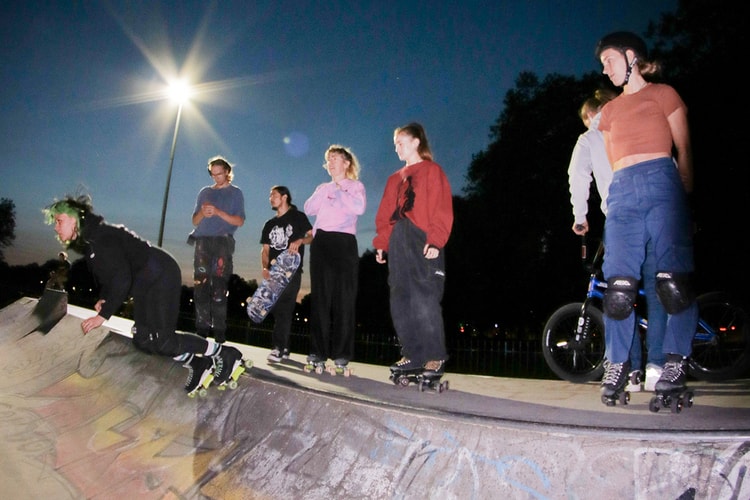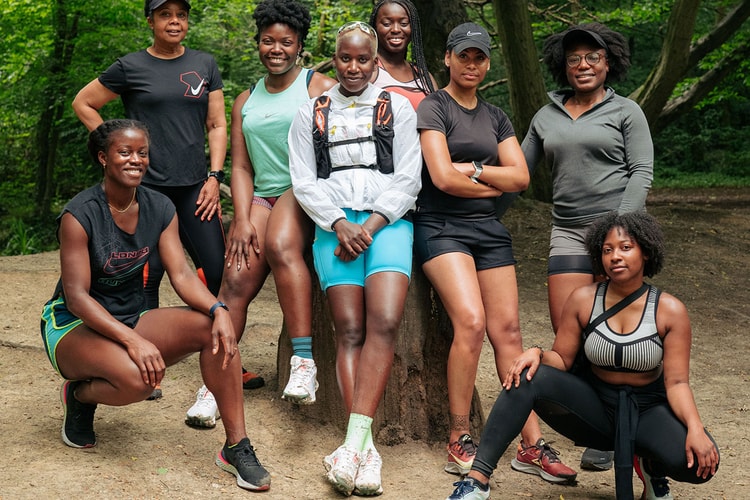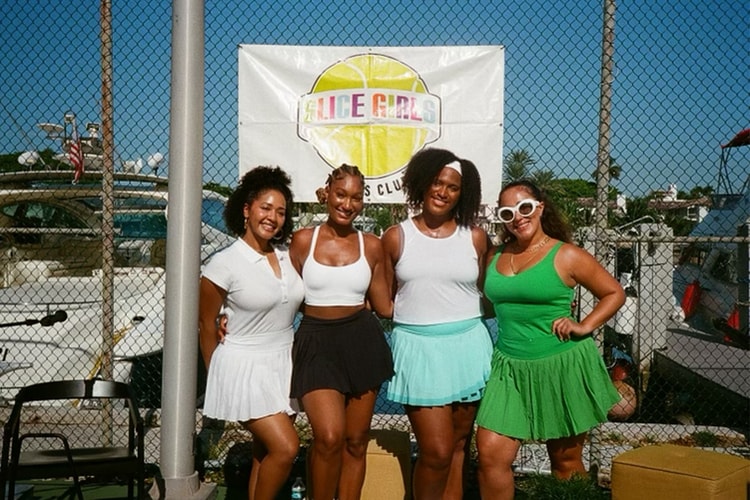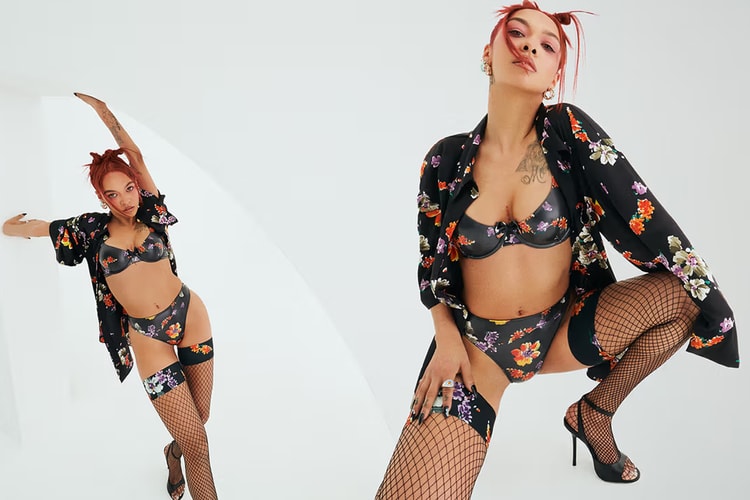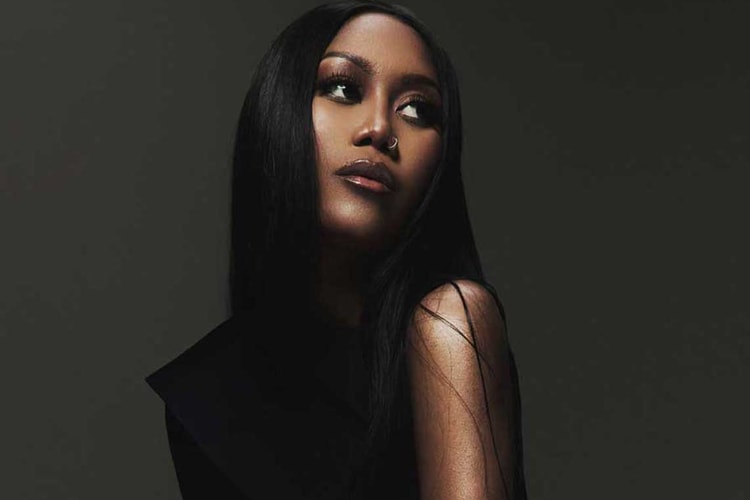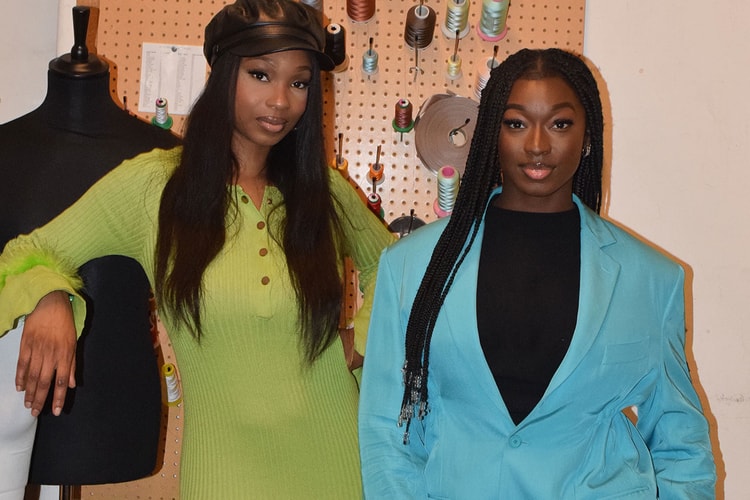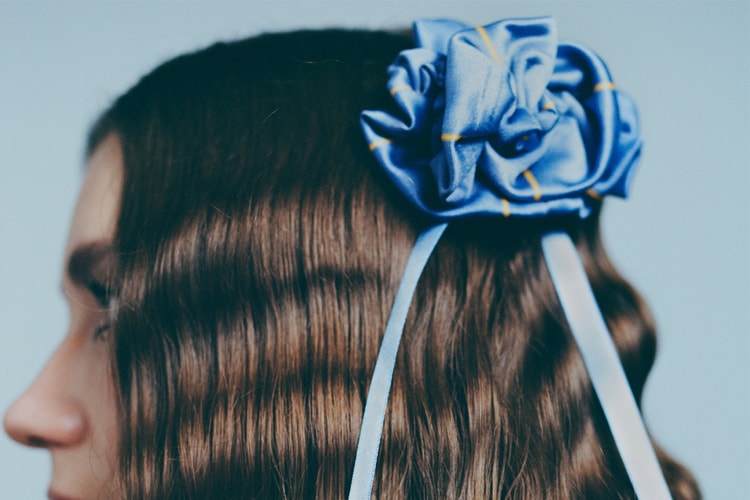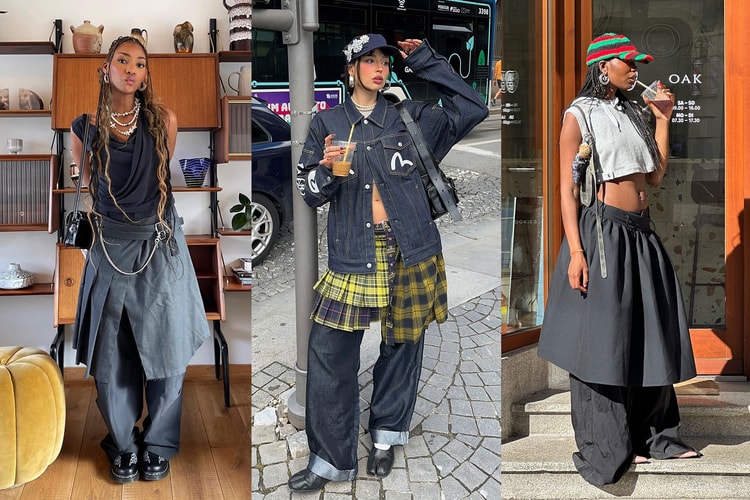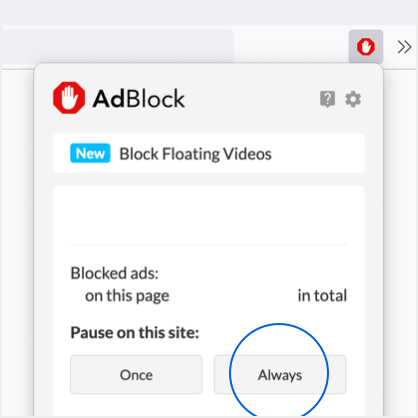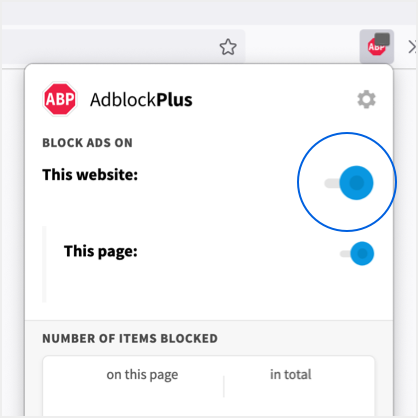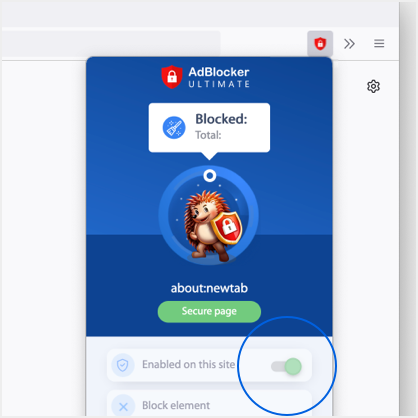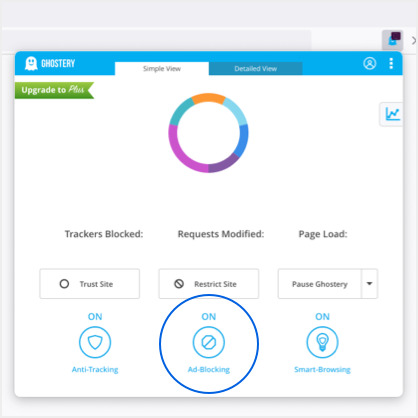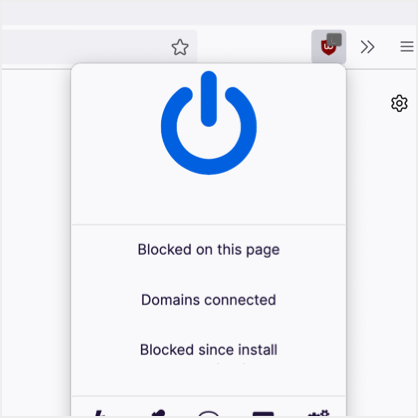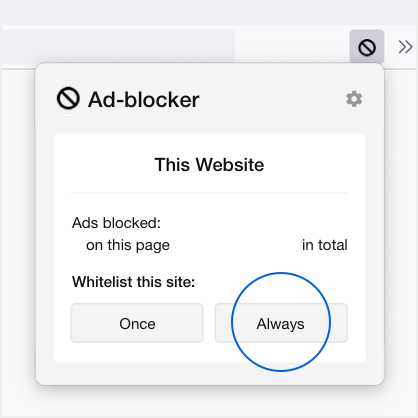How Bronx Girls Skate Transformed a Friendship Into a Thriving Community
“We move as a family.” — Bronx Girls Skate founders, Kava Vasquez and Mel Ramirez.
Bronx Girls Skate emerged from the friendship and shared vision of Mel Ramirez and Kava Vasquez, two individuals who turned their passion for skating into a thriving community. Vasquez, having traveled the world studying women’s skateboarding movements, returned to the Bronx with a vision to create something impactful, at a local level. In 2020, she reached out to Ramirez, a lifelong Bronx resident, and their collaboration took off. Their partnership, rooted in deep friendship and a casual idea transformed into a powerful force for change in their community.
Vasquez reflects on their journey with a sense of awe, saying, “I’m just like holy cr-p, like you don’t really know a world without Bronx Girls Skate and like, that is so sick. It blows my mind that we’re connected to the past and to the history of the skate movement.”
Their story is not just about their personal success but also about honoring the trailblazing women who came before them, whose efforts have paved the way for Bronx Girls Skate. Ramirez and Vasquez’s work has created a vibrant community, blending their shared love for skating with a commitment to fostering growth and inclusion.
In our conversation below, Ramirez and Vasquez share their reflections on the evolution of Bronx Girls Skate and their vision for the future, hinting at exciting projects in the works.
On Bronx Girls Skate’s Origin
Vasquez: We actually became friends through Bronx Girls Skate. Prior to co-founding the project, I had traveled the world studying women’s skateboarding movements in different countries. When I returned home to the Bronx, I thought, “yo, how sick would it be to create something for women here?” Over the years, that idea grew stronger as I saw more males skating around the Bronx and the community in our skate park. I wanted to create something here but knew I didn’t want to do it alone. When I met Mel and the community she was part of, I reached out to her in 2020, thinking she might be interested in a similar idea.
Ramirez: Yeah, Kava pretty much summed it up. I’ve lived in the Bronx my whole life, and we’ve always been like family here and still continue to be. I had a similar thought, like, “oh, we should start something,” but I never really acted on it. Then one day, Kava reached out to me, and I was like, wow, this is like a dream come true. That’s how Bronx Girls Skate started. The rest is history.
On Community Building
Ramirez: When we go to different skateparks, it’s never just two or three of us. We come as a group, so we’re basically like a family when we show up. People recognize us right away—they’re like, “oh, they’re the girls from the Bronx.” We move as a family, and over the years with Bronx Girls Skate, I feel like we’ve all become even closer.
Vasquez: I’m from the Bronx and grew up near River Avenue SkatePark, splitting my time between the Bronx and the Dominican Republic, where my parents are from. Through education, art and skateboarding, I traveled a lot outside the Bronx, but despite being immersed in the culture, I didn’t feel like I could truly participate until we co-founded Bronx Girls Skate. Skateboarding helped me reconnect with my borough and build something meaningful here. When Mel and I came together, we combined this local family vibe with a global community, which has had a lasting impact on Bronx Girls Skate and the broader skateboarding community.
On Their Favorite Memories
Ramirez: What stuck out the most for me was winning my first contest. It was in my borough, so I was so hyped that I won the “Battle for the Bronx.” Seeing my friends there for me, picking me up when I won, was unforgettable. Also, being a sponsored skater really stood out to me—I never thought I’d be sponsored, and I’m just really grateful for it.
Vasquez: I love seeing the progression because we’ve been consistent. We’re doing this work for us, too. Creating Bronx Girls Skate and building this community with Mel has given me a deep appreciation for how organizers create these spaces because we need them—because we didn’t have them. The fact that little girls, kids in general and people of all genders and ages come to our meetups is amazing. We’ve created a culture in just four years that has normalized the presence of women in the Bronx skateparks. It’s such an achievement, and it’s an honor to see that growth.
Ramirez: Yeah, that’s the best part for me, too. I also loved when Kava was teaching someone how to drop in, and now, years later, she’s learning how to kickflip. It’s so amazing to see girls who came to our first meetup not knowing how to ollie, and now they’re flying all over the park. Seeing everyone level up from when we first met them to now is definitely rewarding.
On The Rise of Skateboarding Collectives
Vasquez: I’ve said this before, but it’s my favorite metaphor. In Spanish, “maraña” means entangled, or in Portuguese, “emaranhado.” So, imagine a rubber band ball, where you literally can’t take it apart because the connections between the bands are so tightly intertwined. That’s how the skateboarding community feels to me, both in the Bronx and New York City and even beyond. These relationships and connections between people are just so deeply intertwined. It’s like concentric circles going all the way out, like it’s an ecosystem. Given our timing, having founded Bronx Girls Skate in 2020 during a burst of activist energy, we’re now in a position where we’re seeing a new generation emerge. They didn’t necessarily have to go through the same struggles, and they’re thinking about how they can continue what they started, but also do it in their own way.
Ramirez: For me, it’s really nice to see other groups like SK8 Babes, Pansy and all the others showing up in these spaces. We actually collaborated with SK8 for a Women’s History Month event earlier this year. It was great to come together—it was a fantastic turnout and so much fun!
On Strengthening the Skate Scene
Ramirez: I feel like what’s missing is a budget to support our events and skateboarding events in general. It’s really all about funding.
Vasquez: You raise an important point because sometimes people see this really cool concept and want to be part of it, but the question is: how can we support these groups long-term? Paying us or hiring us once is nice, but how do we negotiate a contract for a two or five-year partnership that includes funding, products and real opportunities? We have to remember that in the Bronx, there’s a lot of inequality. At Bronx Girls Skate, we’re not just hosting events—we have a sponsored skate team that we’re trying to create opportunities for. If someone wants to pursue education or a degree, we encourage that. If college isn’t for them, we can connect them with people who have tech certificates or other options. If someone wants to teach or be an instructor, we’ll hire them to help with our teen skate program.
On Their Next Chapter
Ramirez: We have a video part coming out all about celebrating women in the Bronx. We’re going to sponsor the team to come out to the streets and showcase their skills. This will be the first-ever women’s street part coming out of the Bronx, which is really exciting. Watching Bronx Girls Skate grow bigger and bigger is incredible, and I’m excited to see where we go next. There are so many things I’m looking forward to!
Vasquez: We also have our five-year anniversary next year, so we’re actively planning for that. If there are people who want to support us—whether by helping us secure spaces, signing up as facilitators for workshops on topics like screen printing or financial literacy—we’re open to exploring new ways to serve the community.
We’re starting to think beyond events too, partnering with organizations to offer skate clinics for youth, which we’re currently doing for teen girls. We want to create educational opportunities to address some of the inequalities we’ve talked about. How can we help women and people in the Bronx develop financial literacy? How can we help them plan for their future? How can we teach them skills like filming, photography or making music? We’re experimenting with these ideas, but right now, the video part is our biggest focus.
